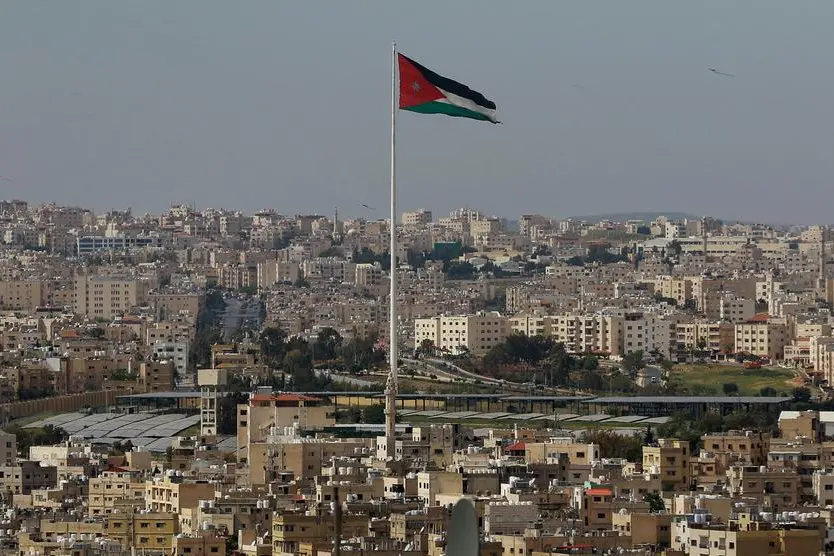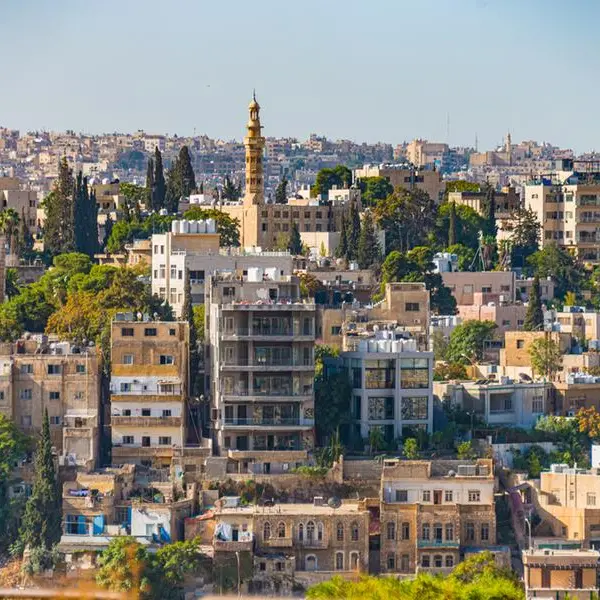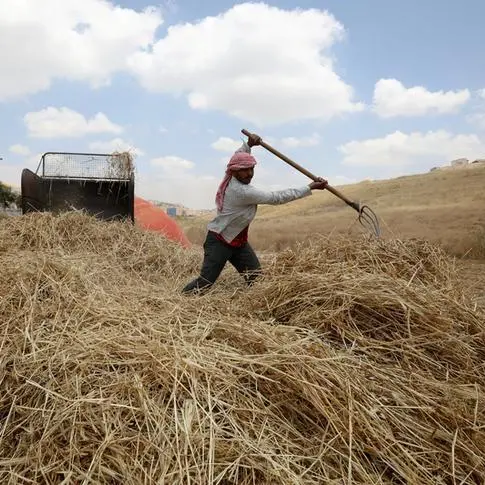PHOTO
AMMAN — The Cabinet on Wednesday approved a number economic and regulatory decisions during its session on Sunday, including an executive agreement for copper mining, new customs fine exemptions, and progress on green hydrogen development.
During a session chaired by Prime Minister JafarHassan, the Cabinet approved a 30-year executive agreement with Wadi Araba Minerals Company for copper mining in southern Jordan. Under the deal, the company will be registered as a public shareholding entity, with a portion of its shares to be offered for public subscription.
The agreement, which covers 25 square kilometers, prohibits the export of raw materials, mandating local processing to maximize national economic benefit.
Government revenues will be tied to global copper prices. Copper is classified as a strategic resource in Jordan, requiring a special concession law for its exploitation.
The Cabinet also expanded customs fine exemptions to include cases discovered or documented before January 1, 2025.
Fines may now be waived by up to 90 per cent, up from the previous cut-off of 2022.
The decision aims to support investors, traders, and citizens by closing pending customs cases and accelerating revenue collection, aligning with Jordan’s broader economic modernization goals.
The Cabinet granted a five-year grace period to quarry operators in the alternative Samad area (zones 1, 2, and 3) to cease operations. No new licenses will be issued in the area, and existing operators must commit to site rehabilitation.
The Energy and Minerals Regulatory Commission was tasked with studying incentive options for operators who exit the area ahead of schedule.
Green hydrogen
The Cabinet also approved a land-use agreement with Indian company Ocior Energy to conduct feasibility studies for a green hydrogen production project. The initiative is part of Jordan’s ambition to become a regional hub for green hydrogen and ammonia, with several memorandums of understanding already signed.
The initiative aligns with the Economic Modernisation Vision’s 2020–2030 roadmapunder the sustainable resources pillar.
The Cabinet also approved recommendations to resolve 419 outstanding tax cases between taxpayers and the Income and Sales Tax Department. The move is part of efforts to ease regulatory pressure on businesses and promote sustainable growth by enabling tax settlements and reducing obstacles to expansion.
The Cabinet agreed to amend financing agreements under the results-based programmefor education sector reform and approved an increase of approximately JD7 million to the Ministry of Education’s 2026 budget allocation.
The programme aims to improve the learning environment, boost kindergarten enrolment, modernise assessments and exams, enhance the General Secondary Education Certificate Examination (Tawjihi), expand student registration support, and establish a National Centre for Innovation in Educational Technology and Artificial Intelligence.
The Cabinet approved recommendations from the Settlement and Reconciliation Committee to resolve 419 pending tax cases involving companies and individuals, under the Income and Sales Tax Laws.
© Copyright The Jordan Times. All rights reserved. Provided by SyndiGate Media Inc. (Syndigate.info).




















